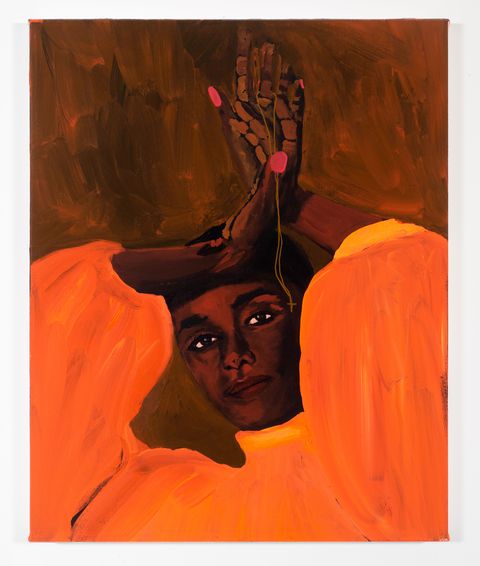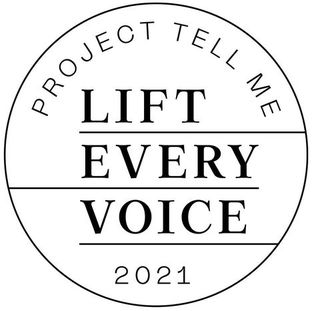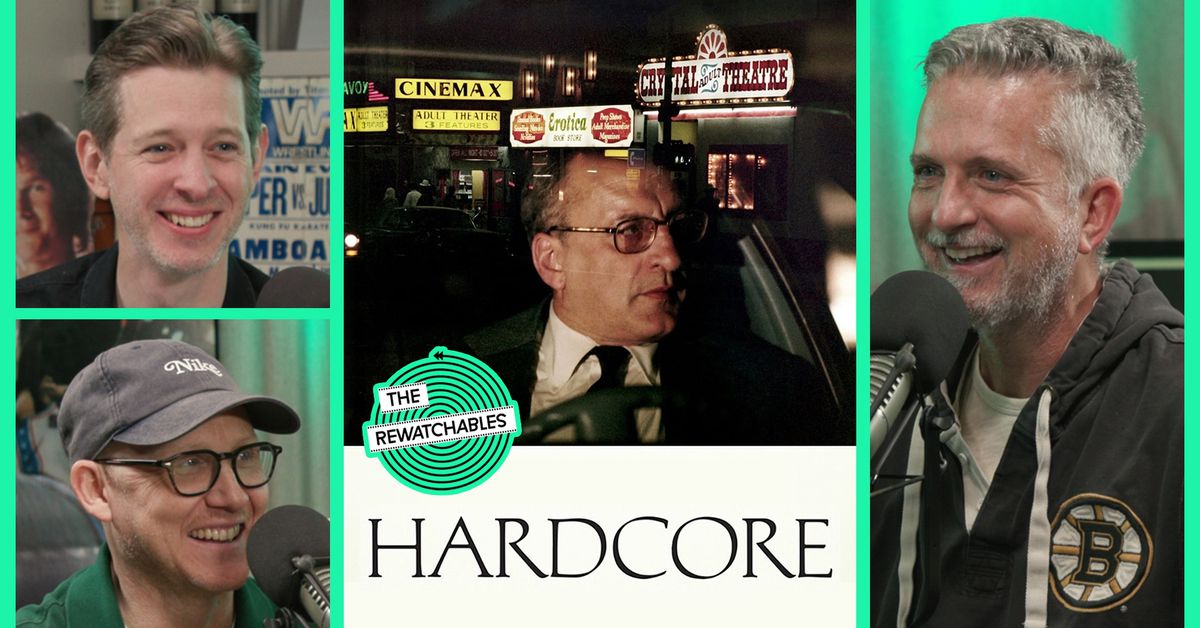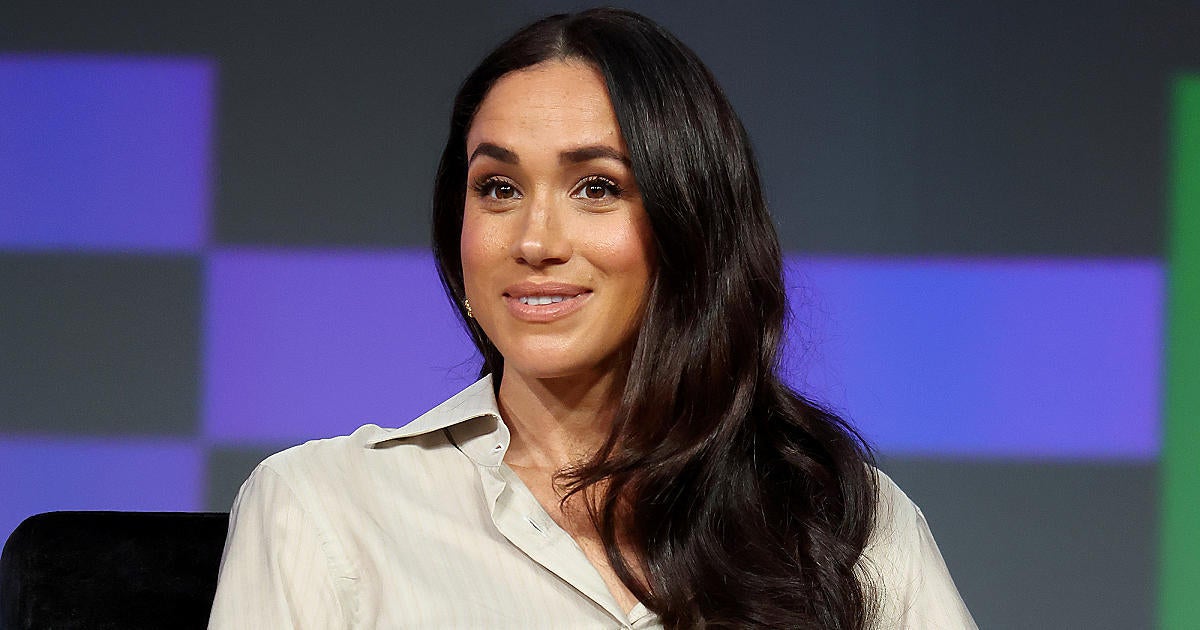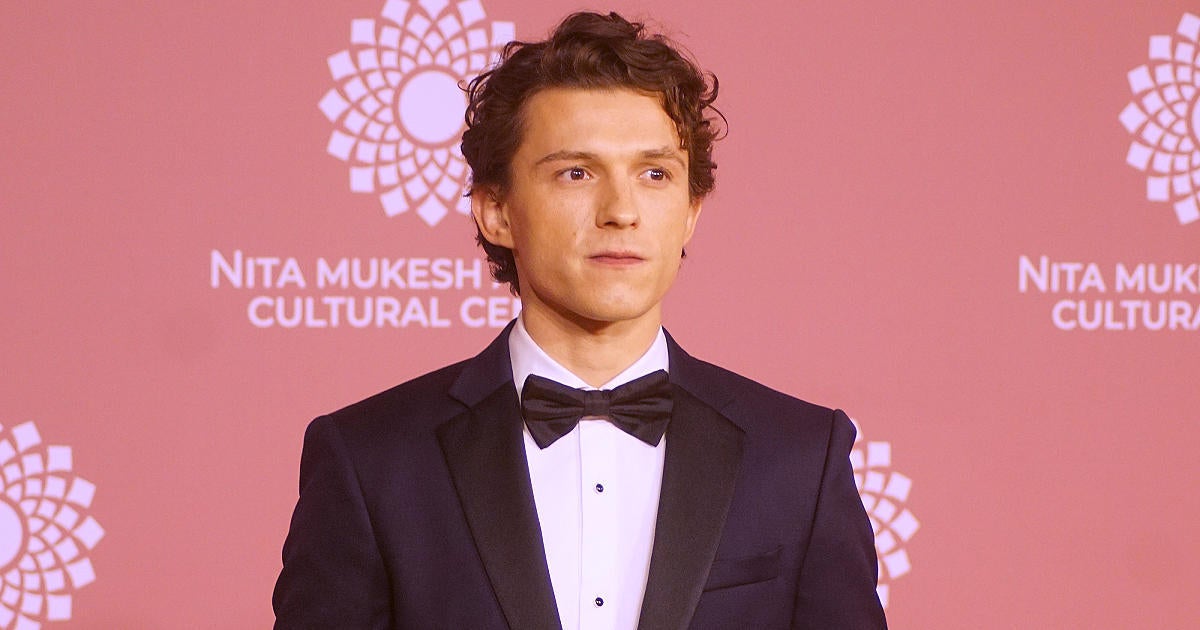Dionne Warwick on Twitter, Gospel, and Remaining True to Yourself
From hits like “I Say a Little Prayer” to “I’ll Never Fall in Love Again,” Dionne Warwick has inspired many throughout her musical career, spanning over 60 years. The pop and R&B vocalist started out singing with The Gospelaires along with her sister Dee Dee, before releasing her first solo single in 1962, “Don’t Make Me Over”—a song that foreshadowed her lifelong commitment to remaining true to herself. Today, the Twitter community has welcomed the 80-year-old “Auntie Dionne,” celebrating her wisdom and witty tweets. Here, Warwick talks about her life in the music industry, the power of confidence, and being happy in her own skin.
You are absolutely hilarious on Twitter! Did it offend you when people started to think you weren’t writing your own tweets?
No. You know, of course they’re gonna think that. I want to have as much fun as anyone, and that’s what I’m doing on Twitter.
And you sure are making it a good time for us, too.
Great! That’s the important part.
As a child, was it your dream to become a singer, or did it just happen?
If I quote my mother, she says I came out singing. I come from a gospel-
singing family, and you know the old saying, “The apple doesn’t fall far from the tree”? Well, that proved true for me and everybody else in my family.
What was your childhood like?
My childhood was full of love and laughter and music. As I said, I come from a gospel-singing family, so I spent a majority of my life in church. My grandfather was a minister. So this was all I ever knew, and it’s all I guess I ever want to know. I had a normal childhood like everybody else—I went to grammar school, and I walked to school with my friends and got into the little scrapes that we all get into every now and then when we’re youngsters, and I’ve got the marks to prove it.
What was it like being a young Black woman in the music industry when you first started?
Coming from East Orange, New Jersey (Go Panthers!), what I experienced in the early part of my career and in the very early tours that I did in the southern region of our country—I saw a lot of stuff I never even knew existed because I didn’t experience that where I came from. I lived on a block that I refer to to this day as virtually being the United Nations. We had every race, color, creed, and religion, and we interacted with each other on the basis of who we were, not what we were.
So it was interesting to see what is unfortunately occurring again today, the prejudice and this nation of people being stupid. I guess that’s what I’d call it, complete stupidity, because the color of my skin is not to your liking. I used to joke with some of my white friends: I’d say, “How stupid is it that you’re going to judge me by the color of my skin, and every summer you slather yourself and lie out in the sun to get my color?” I never quite understood that. And so now with everybody plumping up their behinds and their lips and wanting to look like me, all of a sudden it’s like, Whoa, wait a minute, what’s going on? What happened?
Out of all of the songs that you’ve made, which one would you say is your favorite, and why?
I don’t have a favorite of the songs I’ve sung; they’re all my favorites. Each one of them I’ve grown with as they’ve grown with me lyrically. One’s words take effect on you. At the tender age of 19 they meant one thing, and when I was 27 they meant another thing, and with each decade they meant something else.
You’ve broken so many barriers for African American women in the entertainment industry. How well do you think today’s female artists have upheld that legacy?
I refer to my babies, that’s how I refer to them all—they’re all my babies. But their recordings are geared for younger ears than mine. Some of [their lyrics] I take very great offense at—I must say that—and I’ve voiced that on many occasions with those particular artists. However, I don’t listen to the artists of today that much, I really don’t. I listen to my peers; I listen to the music that comforts me.
I think as my babies grow and get a little bit more age on them and have children of their own, maybe they’ll begin to realize that, Oh, wait a minute, maybe I shouldn’t be expressing that as freely as I am.
I said to Snoop, “You know, you’re going to grow up and you’re going to find somebody that you’re going to fall in love with, and guess what? You’re going to get married and you’re going to have children, and you may have a little girl. And that little girl’s going to hear one of your songs one day and say, ‘Daddy, is that you saying that?’ What are you going to say to her?”
I said, “Your ears are going to grow up, and so is your mind and your heart, so be very careful.” I learned a long, long time ago that we’re messengers, and we have to be very, very careful of the message that we give to people.
You have a tour planned. What do you still love about performing?
First of all, the fact that people want to hear me sing. They still put their butts in the seats, and that’s very important. As long as I am able to give the very best that I can possibly give and feel satisfied that it is the very best that I’m giving, that’s how long I’ll be doing this. When I feel that I’m faltering, that’s when Dionne will hang up her ballet slippers and say adieu.
You have a very beautiful energy, a great spirit about you. What’s the secret to staying youthful and energetic?
My parents instilled in me, as have my mentors during the course of my career: You be who you are. You cannot be anyone other than you, and I truly believe that, and as a matter of fact, I like me, so I don’t have any reason to want to be anybody other than me.
What do you think it means to be successful?
Happy in your skin, I think. Knowing that you are achieving exactly what you’re setting out to do. Your aspirations are being met, and if they aren’t, then there’s something else you have to do. And you have no reservations about doing that. And when you have completed something, you say, “Oh yeah, that’s a good thing.” Then on to the next, and you never stop. I don’t ever stop. I have so much else left to do, and I’m looking forward to it.
Dionne Warwick was interviewed as part of Lift Every Voice, in partnership with Lexus. Lift Every Voice records the wisdom and life experiences of the oldest generation of Black Americans by connecting them with a new generation of Black journalists. Warwick’s interviewer, Mariah Campbell, is a journalism major at Texas Southern University. The complete oral history series is running across Hearst magazine, newspaper, and television websites around Juneteenth 2021. Go to oprahdaily.com/lifteveryvoice for the full portfolio.
Turn Inspiration to Action
Consider donating to the National Association of Black Journalists. You can direct your dollars to scholarships and fellowships that support the educational and professional development of aspiring young journalists.
Also, support The National Caucus & Center on Black Aging. Dedicated to improving the quality of life of older African-Americans, NCCBA’s educational programs arm them with the tools they need to advocate for themselves.
This content is created and maintained by a third party, and imported onto this page to help users provide their email addresses. You may be able to find more information about this and similar content at piano.io

